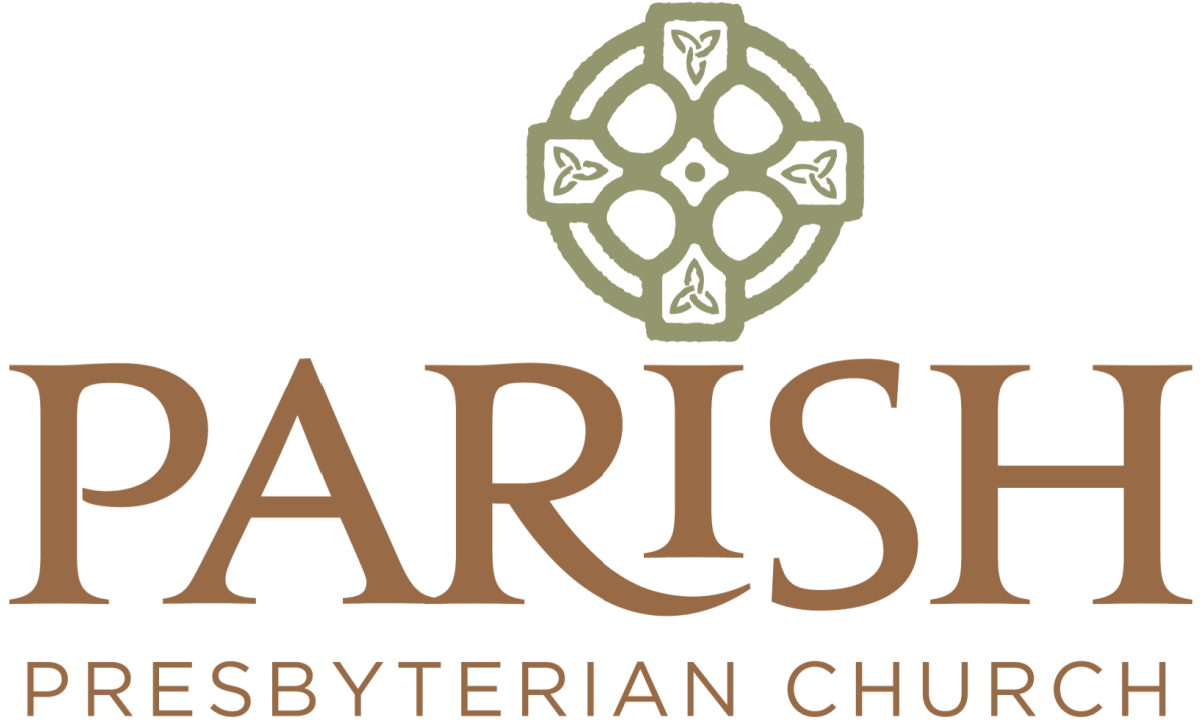This morning’s service gives us several portraits of a “lived-out faith,” which we can find in the Scripture passages we
read and the hymns and psalms we sing. We hear that we are “created in Christ Jesus for good works, which God
prepared beforehand” (Ephesians 2:9). We pray for God’s grace that “the light of Christ might be seen today in our
acts of love and deeds of faith” (Speak, O Lord), and we are assured that those who fear Jehovah will find success in our
toil and blessing on our way (Blest The Man Who Fears Jehovah—Psalm 128). We are warned that “faith by itself, if it
does not have works, is dead” (James 2:17), and we respond by offering back to God our whole lives—our hands and
feet, our silver and gold, and our will and heart (Take My Life And Let It Be). We rejoice that “Love will make obedience
sweet” (Come, Ye Souls By Sin Afflicted), and we trust that “our toil He doth richly repay” (Trust And Obey). Amid all
this discussion of faith being lived out, the Assurance of Pardon reminds us that “He saved us, not because of works
done by us in righteousness, but according to His own mercy” (Titus 3:5). We work because of our gratitude towards
our great Savior: we can never repay the debt we owe. Therefore, as the hymn puts it, “Lord, I give myself away, ‘tis all
that I can do” (Alas! And Did My Savior Bleed). —Henry C. Haffner

